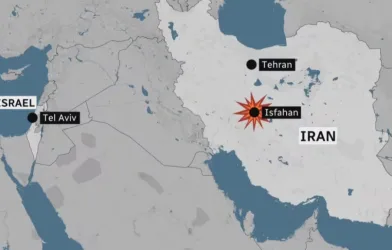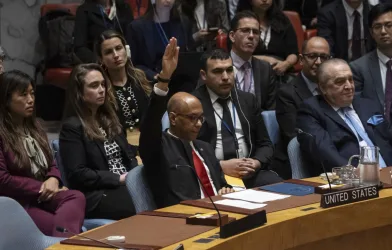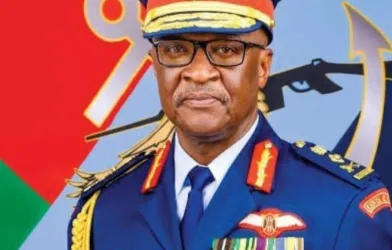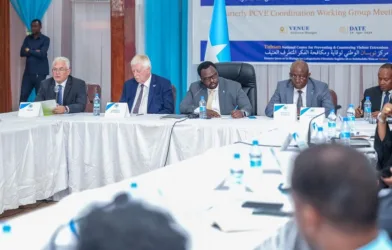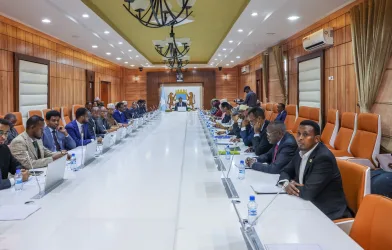Published: May 12, 2017
 The opening session of the third London Somalia Conference brought together heads of states, the Secretary General of the United Nations, Chairperson of the African Union Commission and representatives of organisations working in Somalia. Somalia’s President, Mohamed Abdullahi Mohamed, thanked the British Prime Minister and government for organising the third London Somalia Conference. President Mohamed outlined the programme of his administration in light of challenges ( corruption, clan militias, extremism, unreliable judiciary and poverty) and opportunities ( renewed committment of the International Community to sustaining the progress made over the past five years in Somalia ).
The opening session of the third London Somalia Conference brought together heads of states, the Secretary General of the United Nations, Chairperson of the African Union Commission and representatives of organisations working in Somalia. Somalia’s President, Mohamed Abdullahi Mohamed, thanked the British Prime Minister and government for organising the third London Somalia Conference. President Mohamed outlined the programme of his administration in light of challenges ( corruption, clan militias, extremism, unreliable judiciary and poverty) and opportunities ( renewed committment of the International Community to sustaining the progress made over the past five years in Somalia ).Prime Minister Theresa May urged the Federal Government of Somalia to create a national army on ” a federated model” and create reliable judiciary and embark on an economic recovery
Chairperson of the African Union Commission Musa Faki stressed the emphasis is on empowering Somalia to take over the security, not to pave the way for the exit of AMISOM.
The President of Uganda pointed a finger at the absence of patriotic Somali political parties and called for a more pro-active role for the Somali business class in humanitarian and development initiatives . The Prime Minister of Ethiopia said that his country supported the partial lifting of the arms embargo against Somalia and reassured the audience that support for Al-shabaab was waning along with its capability to take over territory.
The call for a Somali army based on a federated model drew criticisms from some analysts. Creation of a Somali army that cannot overthrow the government or take sides in clan conflicts or wage a war against a neghbouring coutnry on a whim can only be achieved through federalism, one argument goes. Somalis have been discussing the candour of President Museveni of Uganda, who pointed out that the source of the problem in Somalia “is the absence of patriotic political parties” due the bankrupt ideology of clannism perpetuated by opportunist politicians. Somalia does not only need development assistance;
it needs commitment on the part of the International Community to hold perpetrators of political violence to account. Impunity for clan militias feeds off extremism in Somalia, which the UN Secretary General has identified as a threat to the global security. Development and security are inseperable, as the alliterative hashtag Nabad iyo
Liban Ahmad


